Diabetic Patient Care: Psychological & Cultural Needs
VerifiedAdded on 2022/12/23
|6
|534
|21
Report
AI Summary
This report delves into the multifaceted aspects of diabetes care, emphasizing the critical importance of addressing the psychological, cultural, and spiritual needs of diabetic patients. It highlights the psychological distress often experienced by individuals with diabetes, including denial, agitation, and depression, and underscores how appropriate psychological interventions can positively influence patient behavior and promote healthier eating habits. Furthermore, the report stresses the significance of understanding cultural perceptions of health and collaborating with patients to identify potential barriers to care. It also explores the integration of spiritual considerations, such as religious coping mechanisms, in diabetes management, and their impact on patient well-being. The report provides an overview of effective self-management strategies, including continuous glucose monitoring and cognitive therapies, and emphasizes the need for culturally sensitive education and the use of spiritual tools like yoga to enhance patient outcomes. References to relevant research are included to support the findings.
1 out of 6

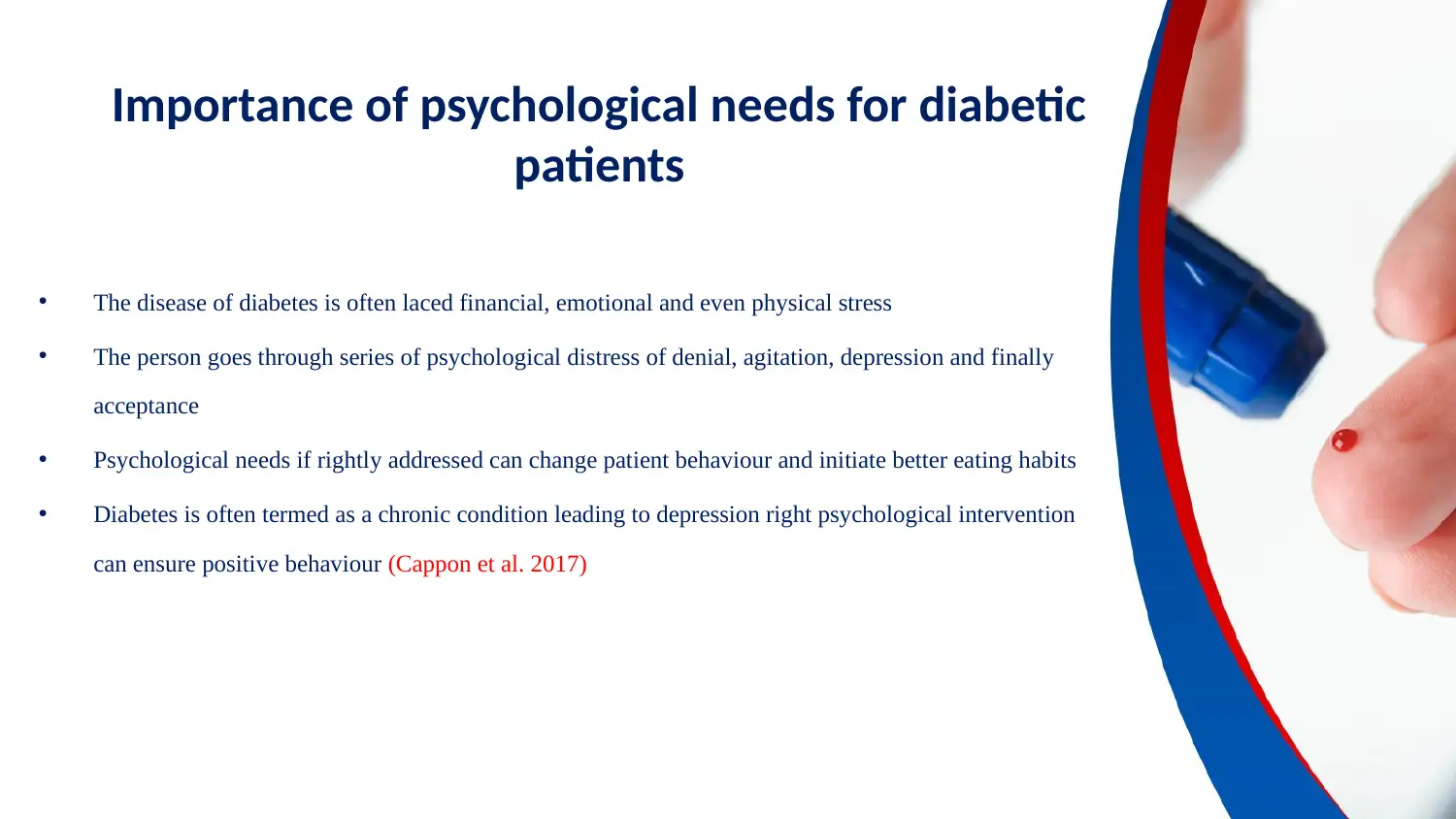
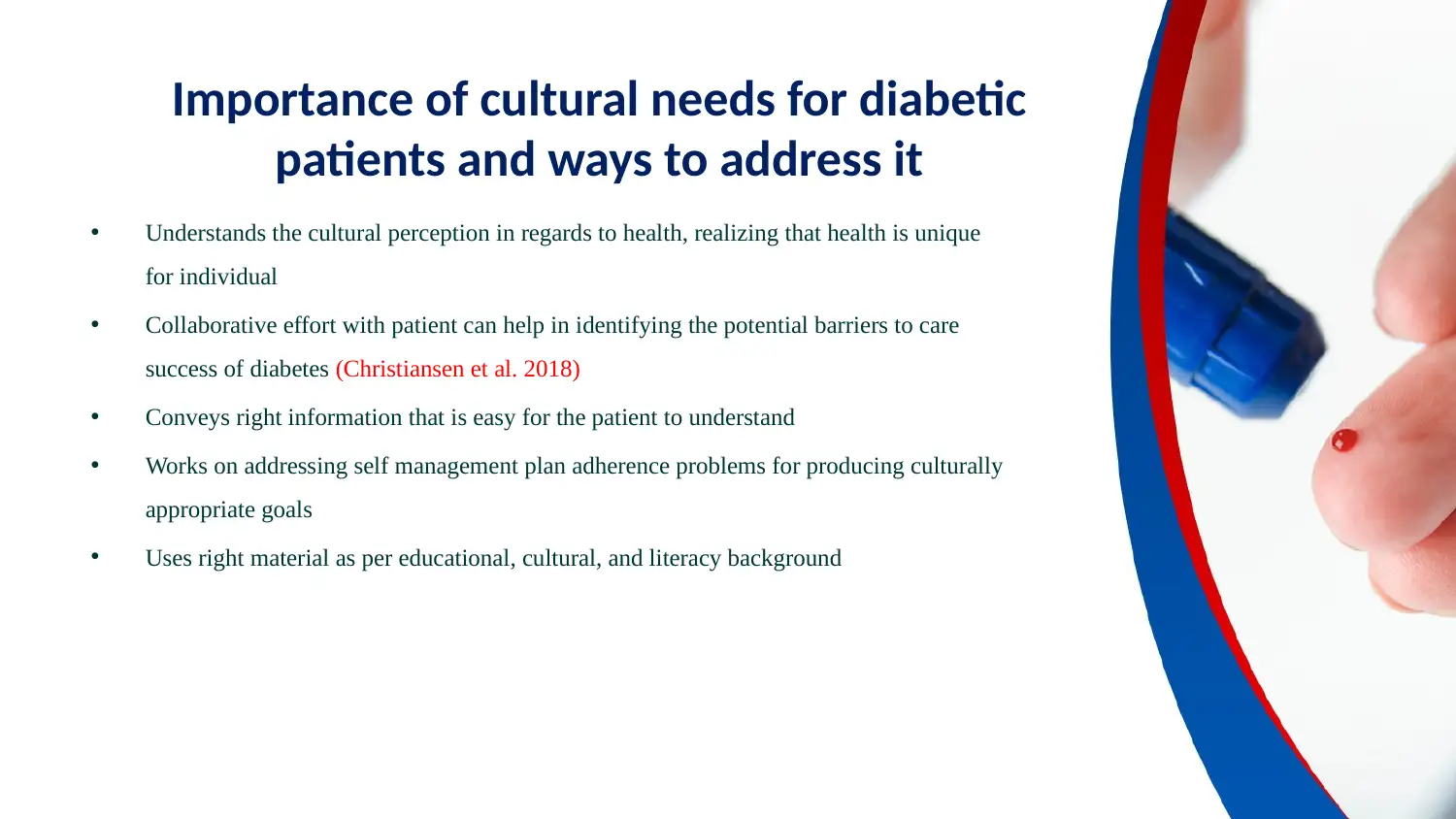

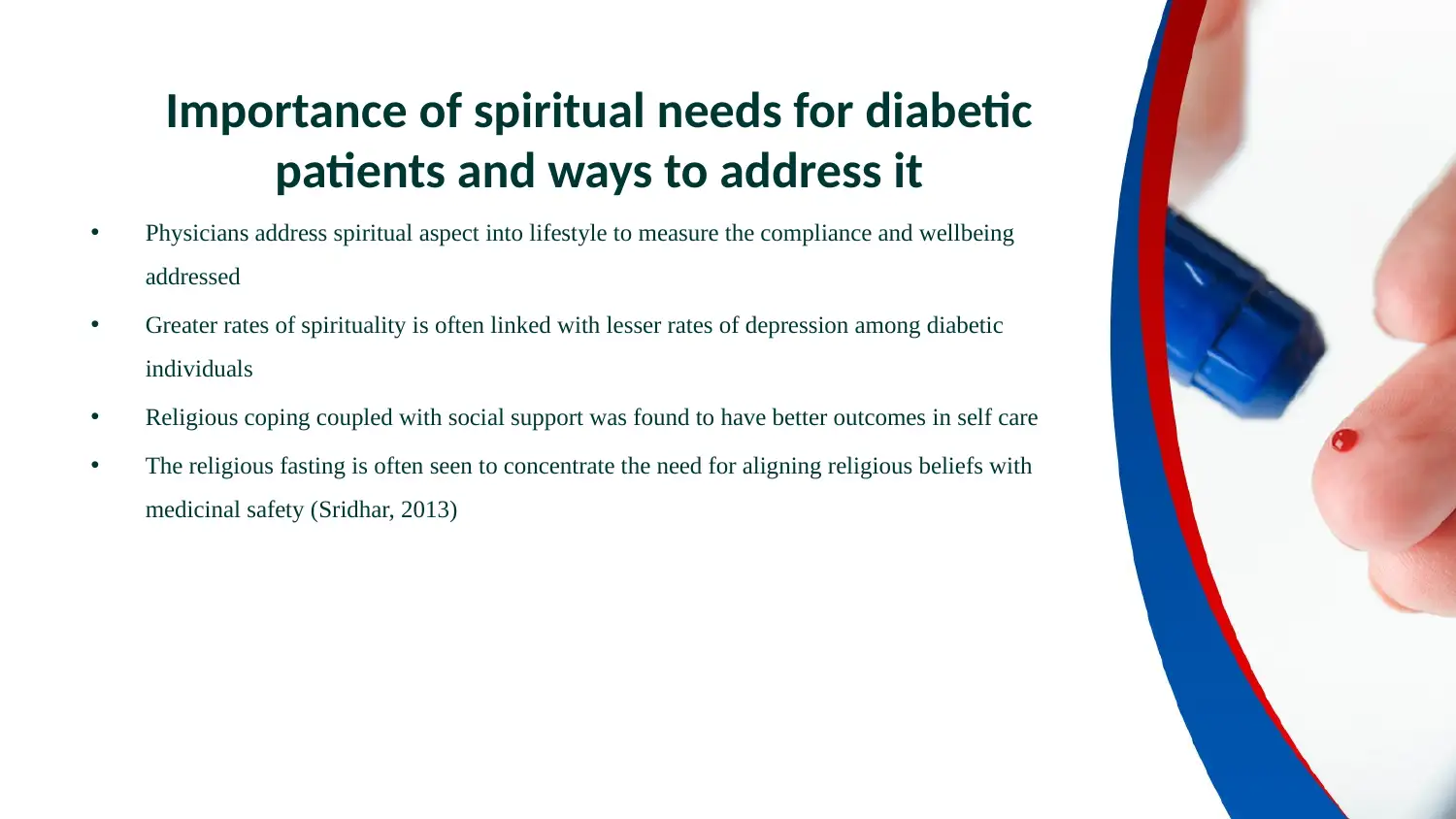
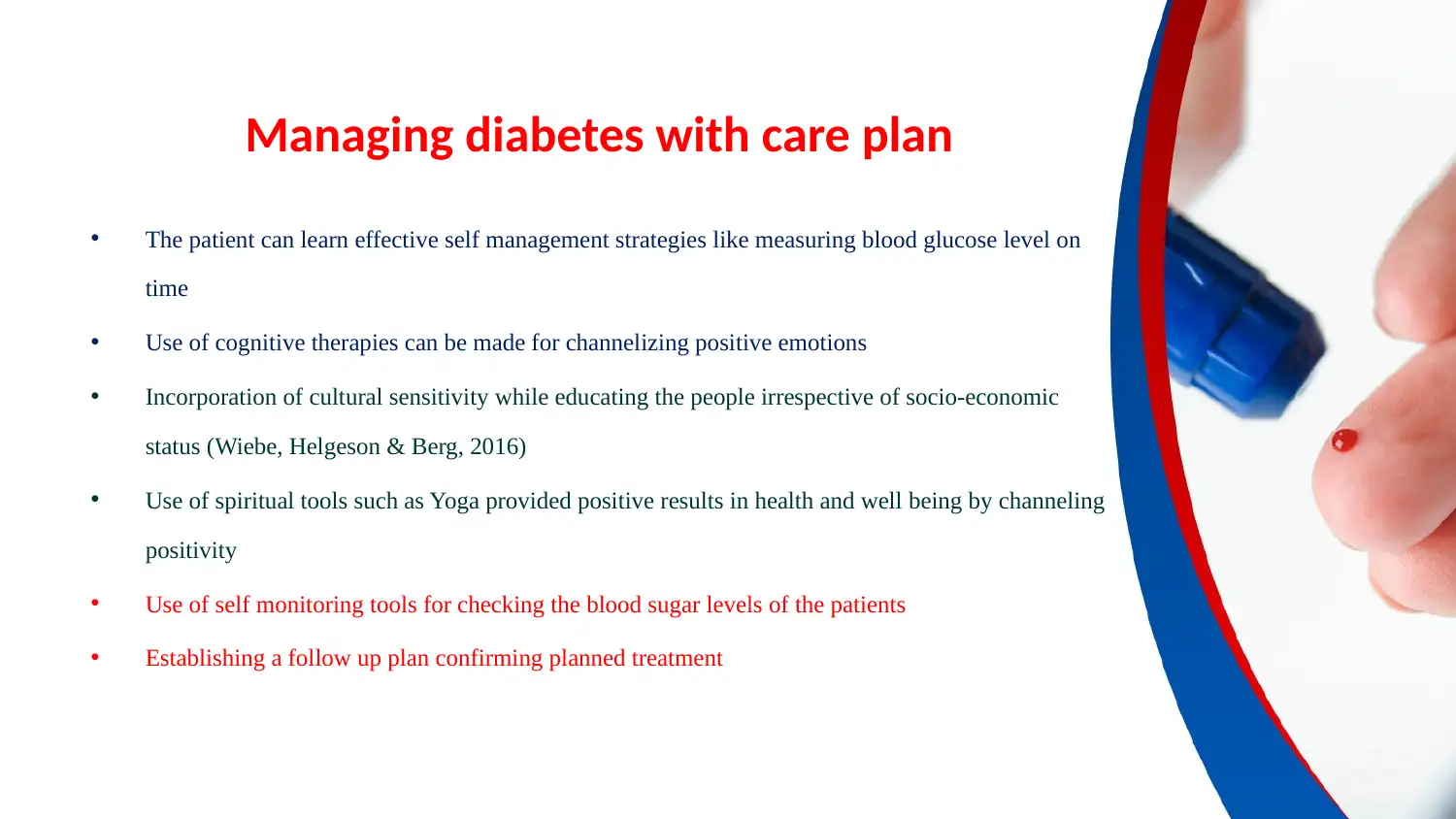
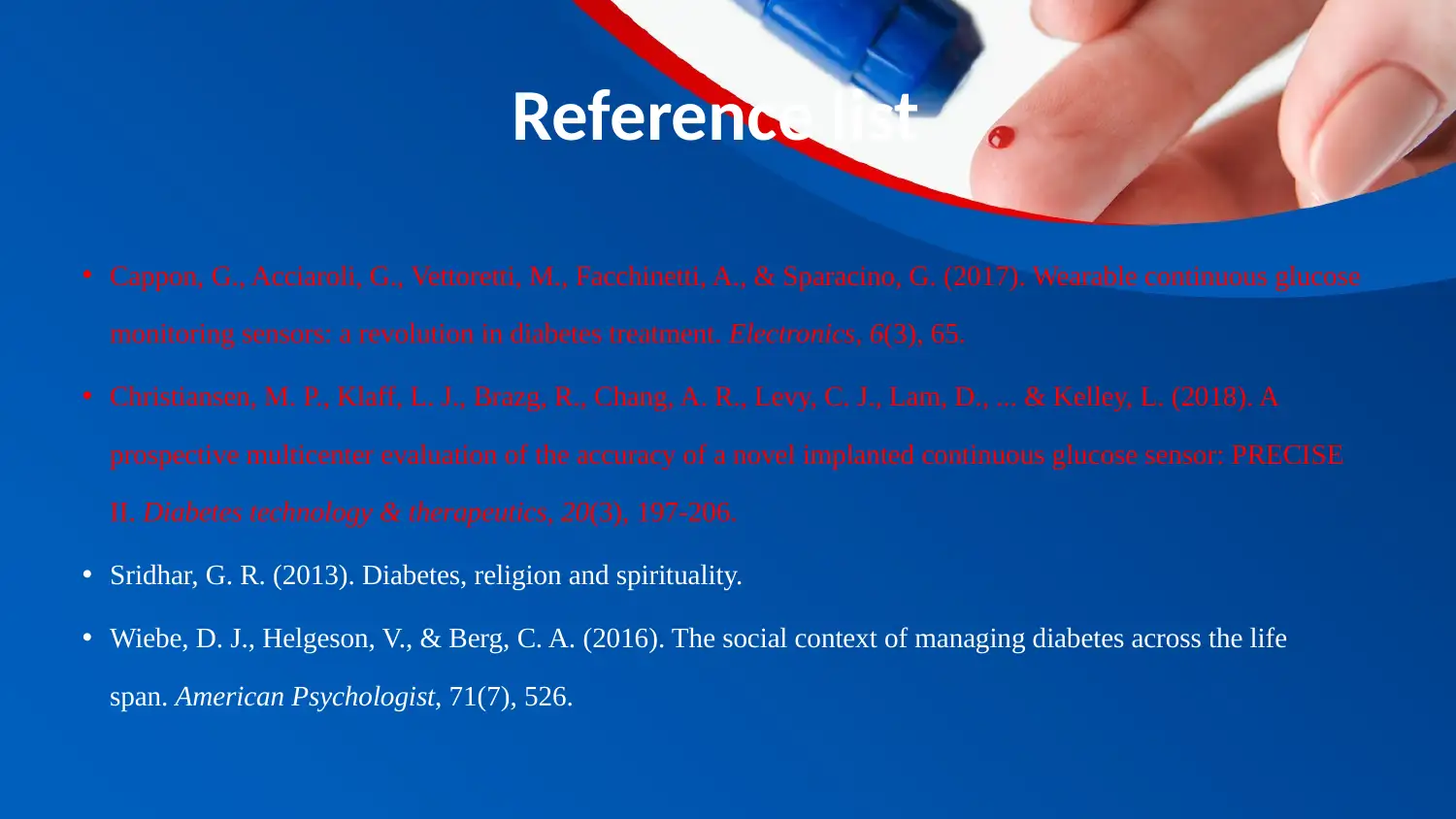

![[object Object]](/_next/static/media/star-bottom.7253800d.svg)